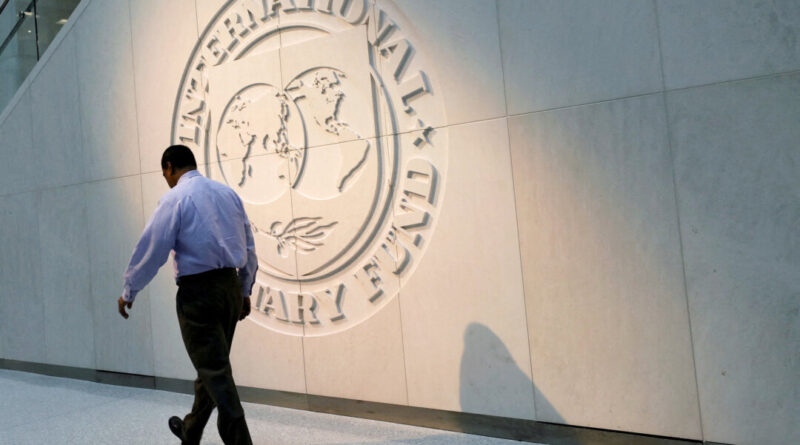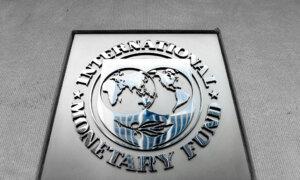Criticism of government mismanagement grows as IMF announces high inflation rates
Taylor accused the government of mismanaging inflation, while Gallagher claimed it has dropped by half since the Liberals’ departure.
As per the latest International Monetary Fund (IMF) report, Australia is struggling in its battle against inflation. Shadow Treasurer Angus Taylor labeled it as “just another indicator” of the government’s failures.
“We’re falling behind in dealing with inflation. But we don’t need reports to tell us that, even though they are confirming it,” Taylor said.
According to the most recent IMF report, Australia is expected to have an inflation rate of 3.6 percent by the end of 2025, with only Slovakia projected to witness higher inflation among developed nations. This forecast highlights Australia’s unique economic challenges as inflation eases in many other countries.
Taylor criticized the government for making wrong decisions in addressing inflation.
“The treasurer has taken all the wrong steps, and our inflation situation is far from where we want it to be,” he added.
He also pointed out the difference in interest rates, stating, “Interest rates are decreasing in several other countries but not in Australia due to our high inflation rates.”
Conversely, any hopes of an interest rate cut in Australia soon have been dismissed.
RBA Deputy Governor Andrew Hauser extended the timeline for rate cuts to May 2025 on Oct. 22, citing caution in monetary policy despite a potential inflation peak.
Countering Criticism on Inflation
Finance Minister Katy Gallagher acknowledged the IMF report’s findings and stressed the importance of considering the broader economic landscape.
“We have our own predictions for inflation, as does the Reserve Bank, and while they may not align perfectly with the IMF, we are closely monitoring the situation,” she stated.
Gallagher highlighted the government’s efforts in reducing inflation since assuming office.
“When we took office, inflation was above six percent; now it is trending down around three percent,” she pointed out, noting that Australia has passed its inflation peak.
She urged for a holistic view of the economy rather than solely focusing on one metric.
Gallagher emphasized that despite modest growth, Australia has avoided the negative economic outcomes seen in many other countries.
“Our decisions since coming to power have centered around providing cost-of-living support while reinforcing the budget,” she highlighted.
Strong Labour Market
The IMF recognized Australia’s measured approach, opting for less aggressive monetary tightening than countries like the United States to safeguard employment rates.
Gallagher also praised the health of Australia’s labor market as a positive factor.
“Creating a million jobs since we took office is a significant achievement for the country,” she mentioned, emphasizing the role of employment stability in offsetting inflation.
When asked about Labor’s handling of employment, Taylor evaded a direct response, stating, “There has been a decline in real disposable incomes and the living standards of Australian households by almost 10 percent. Australians are worse off under Labor, with no relief in sight, as indicated by this IMF report.”
Gallagher acknowledged the challenges posed by prolonged inflation periods, recognizing that many Australians are feeling the economic strain.
“[Treasurer] Jim always emphasizes the importance of regaining control over inflation without damaging the economy,” she remarked.
Global Factors at Play
While the IMF suggests that “the global fight against inflation” has largely been successful, Gallagher believes there are global elements exacerbating the crisis.
She pointed to various events, including conflicts in the Middle East and the ongoing war in Ukraine, as contributing factors.
“Australia is not immune to global economic influences, and it’s not solely tied to any singular event, such as an American election,” she clarified.
Housing Minister Clare O’Neil also joined the discourse surrounding the IMF report.
“Inflation has seen a significant reduction since we assumed office, a large part of which can be attributed to our control over government spending after a decade of unfulfilled coalition promises of delivering surpluses,” she said.
O’Neil acknowledged the struggles faced by many Australians, stating, “I know many people are struggling to make ends meet. The government is aware and actively addressing these concerns.”





